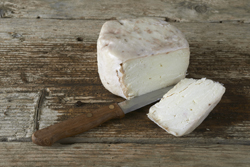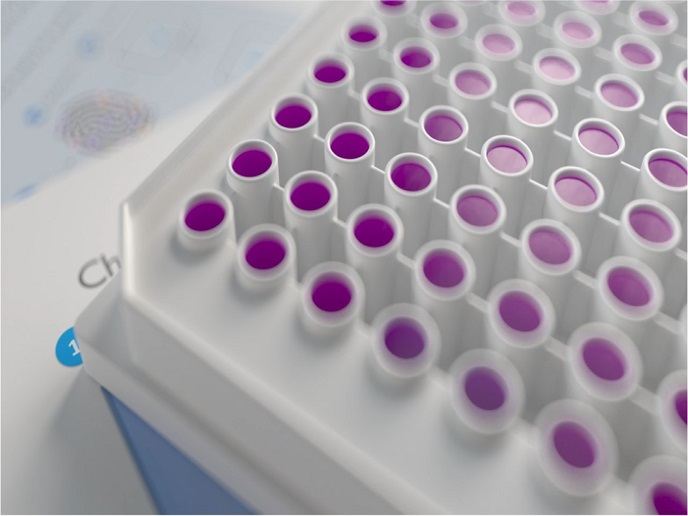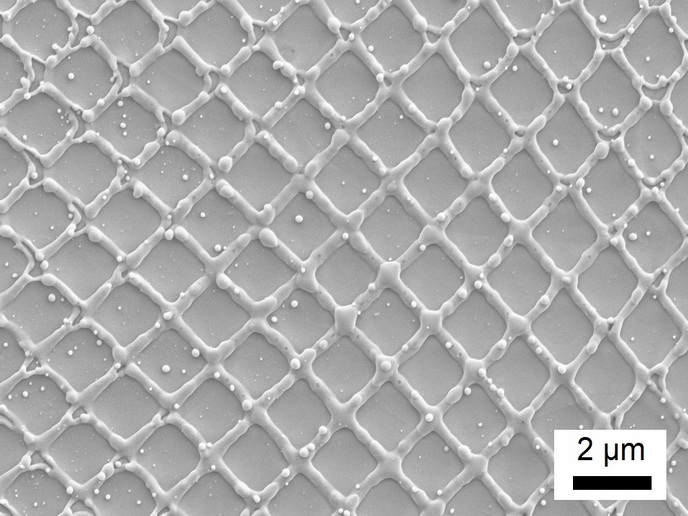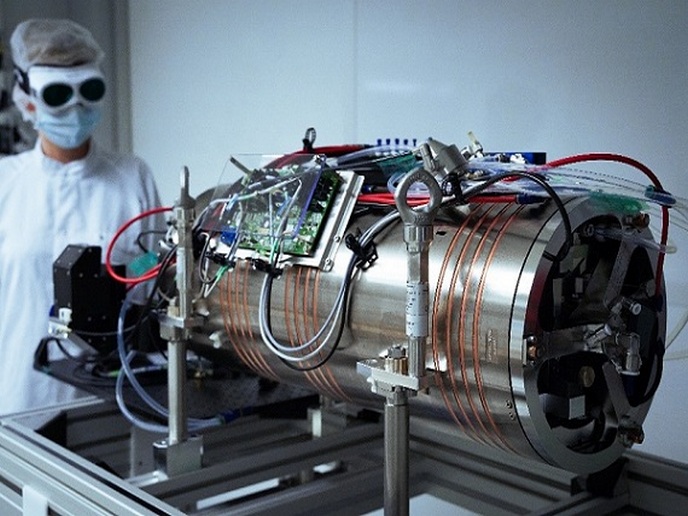Reducing contamination in sheep's cheese
The EU has made the revitalisation of the declining European sheep industry a top priority. Of particular concern is the dairy subsector, where the contamination of cheese by unwanted microorganisms is a major problem. The 'Solving the technological problems of sheep cheese production' (TECHEESE)(opens in new window) project was an effort by small and medium-sized enterprises, dairy associations and researchers to help prevent and control this problem. To prevent contamination, researchers identified a range of plants with antimicrobial properties. Of the18 plants investigated, they selected the 3 best cases for more extensive study. As a dietary supplement, these 3 plants were found to reduce microbes in sheep's milk, to improve overall animal health and to increase the quantity of milk. To control contamination in the cheese-making process, a low-powered X-ray device was developed and tested. This device could detect internal defects or contaminations, without damaging the cheese. The work of TECHEESE will now be put into practice in several small businesses in the sheep dairy sector. The project will contribute to a decrease in waste and logistical costs for cheese makers, while improving consumer confidence.







